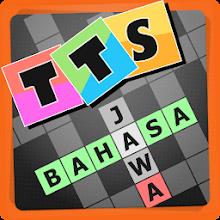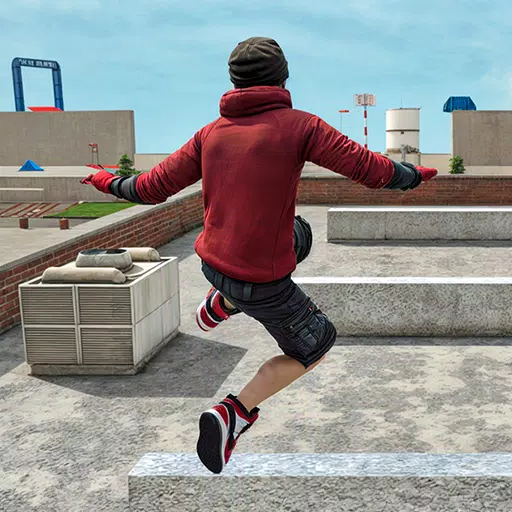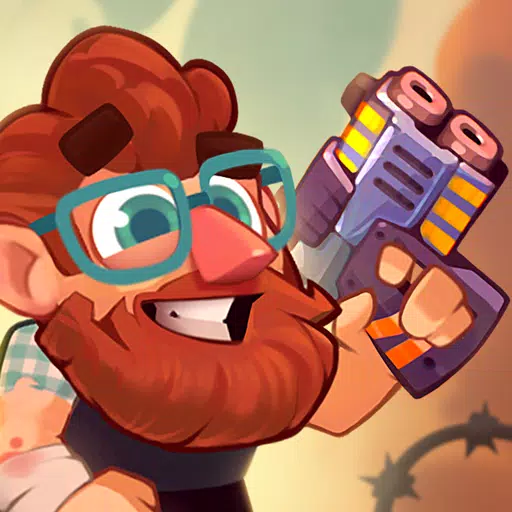The gaming industry has faced significant challenges in recent years, with layoffs, studio closures, and dwindling funds creating a turbulent environment. Enrique Fuentes, CEO and co-founder of Teravision Games, felt this turbulence firsthand following the release of Killer Klowns From Outer Space, an asymmetrical horror game based on the 80s movie. Despite receiving positive reviews, including a 7 from IGN, which described it as "as silly and entertaining as the movie that spawned it," and garnering hundreds of thousands of views on trailers, Teravision struggled post-launch.
“2024 was a tough year for the entire industry,” Fuentes noted. Despite collaborations with major companies like Disney, Nickelodeon, and Xbox, securing a follow-up project proved challenging. With time running out, Teravision, a studio with 20 years of industry experience, turned to a novel approach: developing games within Fortnite. In less than a year, they launched three Unreal Engine for Fortnite (UEFN) games, with their fourth, Courtyard King, launching today and leveraging the official The Walking Dead content pack in UEFN.
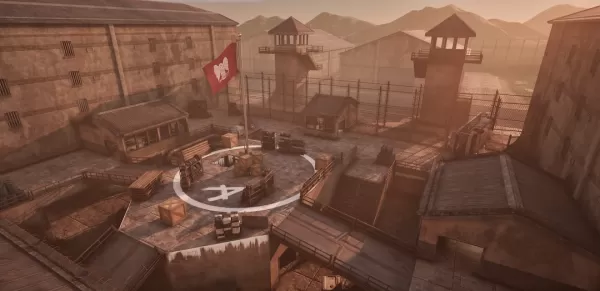
Courtyard King, developed in partnership with Skybound, the company co-founded by The Walking Dead creator Robert Kirkman, is a King of the Hill-style multiplayer PvPvE game set in the iconic prison location from The Walking Dead. Players battle each other and NPC zombies for territorial control. Utilizing official UEFN assets, the game features character models of Rick Grimes, Negan, and Daryl Dixon. Teravision also collaborated with Skybound's writers to craft the game's story and dialogue.
Fuentes emphasized the shift from multi-year projects like Killer Klowns From Outer Space to shorter development cycles. "Instead of a multi-year project, these are projects that we could put together in weeks or months," he said. This move into user-generated content (UGC) was unexpected but became a significant opportunity, especially with platforms like Fortnite driving the trend. UGC, traditionally created by players, has now expanded to include professional studios like Teravision, thanks to Fortnite’s Unreal Engine 5-based tools.
Fuentes explained the appeal of UEFN for Teravision, citing their engineering background and the platform's ability to manage risk. Their experimentation led to the launch of Havoc Hotel, a roguelike shooter set in a hotel, which became a modest hit and evolved into Havoc Hotel 3, now one of Fortnite’s most popular games.
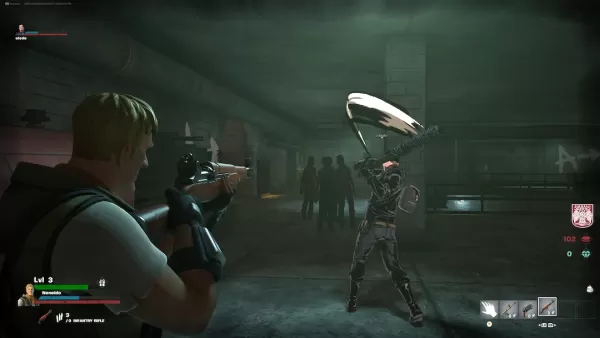
Martin Rodriguez, Teravision's game designer, noted that the transition to UEFN was seamless given their previous work with Unreal Engine on Killer Klowns. UEFN's streamlined systems and "drag and drop" processes allowed them to focus on creating better games and exploring new creative ideas.
However, adapting to UEFN presented unique challenges for the game design team. Creative director LD Zambrano highlighted the difference between traditional game design and UEFN games, which often prioritize context over clear competition. He likened UEFN games to schoolyard play, where players engage in spontaneous, often nonsensical games that foster friendships.
One unique aspect of Courtyard King is its infinite gameplay model, where matches continue indefinitely with players joining and leaving, and even switching teams. This dynamic allows for scenarios reminiscent of The Walking Dead, such as in-game betrayals.
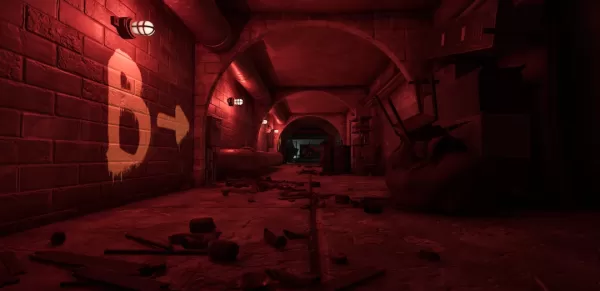
Fuentes sees UEFN as a viable model for indie developers. "We can actually assume the risk as an indie developer in UEFN," he stated. This approach allows for quick development cycles and supports an 80-person studio like Teravision. With the right ideas and market understanding, execution can be achieved in weeks or months, a dream scenario for indie developers.





